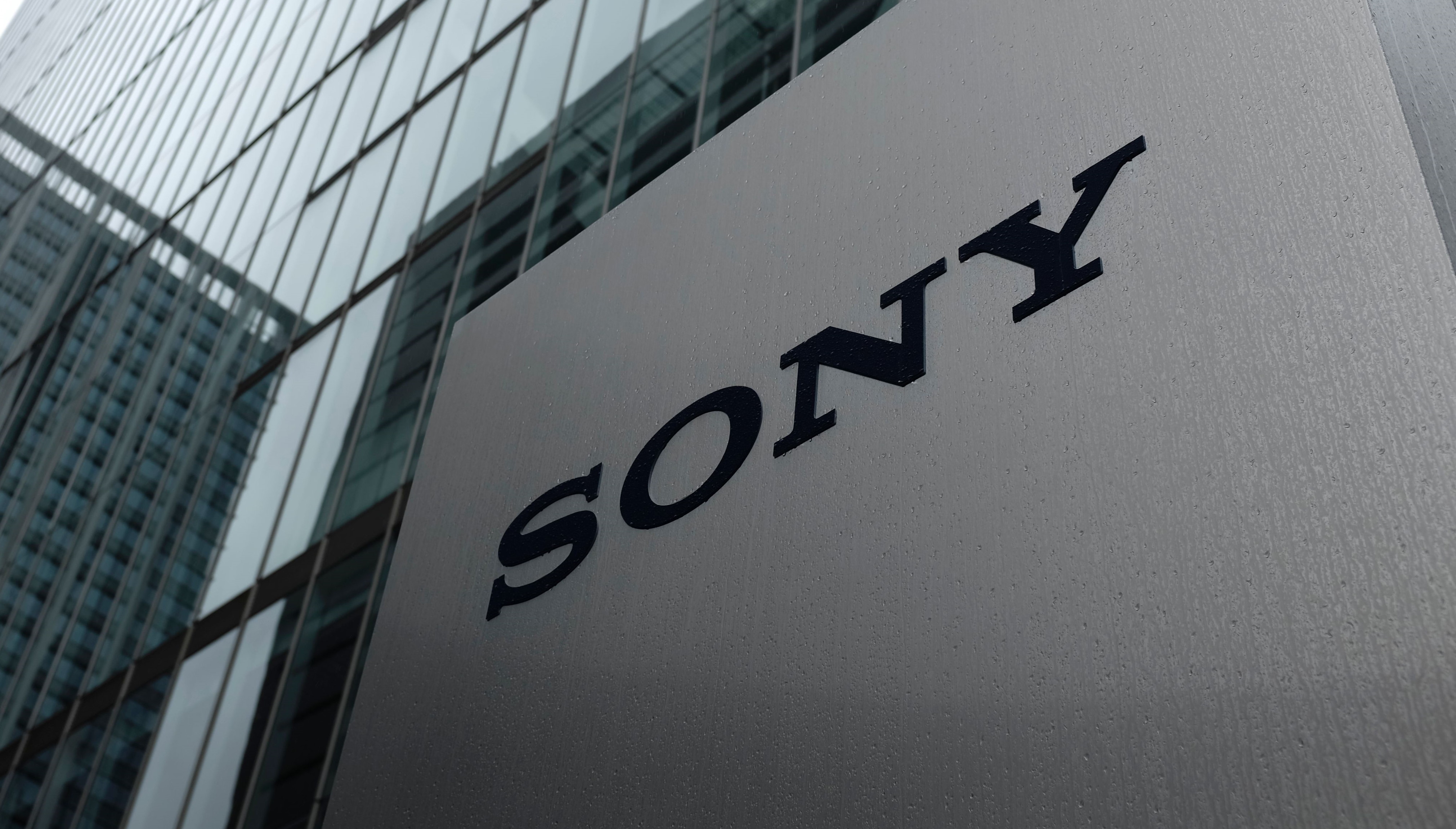Sony says it won't make Bungie games exclusive, but the FTC may not be convinced
Sony's $3.6 billion acquisition of Bungie is reportedly being investigated by the FTC.

Sony's acquisition of Destiny 2 studio Bungie may have hit a speedbump, as The Information reports that the US Federal Trade Commission has launched an "in-depth investigation" of the deal.
The investigation began at the end of April, according to the report, and is apparently focused primarily on the possibility that Sony could make Bungie games, including the Destiny series, exclusive to PlayStation consoles. Bungie said immediately after the acquisition deal was announced that it will continue to operate essentially independently and "drive one, unified Bungie community," a position we found entirely reasonable.
The FTC seems to have questions, however, and has reportedly asked for more information from both Sony and Bungie to determine what sort of incentive Sony has to withhold some or all of Bungie's games and services from other platforms. The process could delay the closing of the deal by as much as six months.
Heightened FTC scrutiny of acquisitions like this one may seem unusual (I don't recall hearing any such regulatory ruckus when Microsoft spent twice as much money to buy Bethesda Softworks, which—all due respect to the Destiny 2-likers out there—was a much bigger deal), but it's possible that future buyouts of this magnitude could face similar resistance. In July 2021, US president Joe Biden issued an executive order calling on the FTC to enforce antitrust laws "fairly and vigorously," saying that his administration's policy is "to enforce the antitrust laws to meet the challenges posed by new industries and technologies."
The FTC appears to be taking that mandate seriously: In January 2022, it announced a joint public inquiry with the US Department of Justice aimed at strengthening and modernizing federal merger guidelines and enforcement "to better detect and prevent illegal, anticompetitive deals in today's modern markets."
Thanks so much to Adam and everyone who participated in our listening forum on the effects of mergers in the media and entertainment industries. This public feedback is critical as we consider how to revise the merger guidelines to fully protect Americans from unlawful deals. https://t.co/lksKfuGc8dApril 29, 2022
Other swaths of the US government have also begun casting a wary eye on high-profile acquisitions in the game industry. In March, US senators Elizabeth Warren, Bernie Sanders, Cory Booker, and Sheldon Whitehouse sent a letter to FTC chairwoman Lina Khan criticizing the "golden parachute" of Activision Blizzard CEO Bobby Kotick and calling on the agency to "assess whether the ways in which these companies have failed to protect the rights and dignity of their workers are driven by monopsony [an economics term, not what happens when Sony buys too many game developers] power or amount to anticompetitive harms in our labor market."
Numerous public interest groups including the Communications Workers of America—which has been supporting efforts to establish unions in the game development industry—sent an open letter of their own in March, asking the FTC to "undertake a searching examination of the deal with an eye towards ensuring open, fair, and competitive markets."
The biggest gaming news, reviews and hardware deals
Keep up to date with the most important stories and the best deals, as picked by the PC Gamer team.
An FTC representative declined to comment on the report, including to confirm or deny its taking place at all. I've reached out to Sony and Bungie for comment and will update if I receive a reply.

Andy has been gaming on PCs from the very beginning, starting as a youngster with text adventures and primitive action games on a cassette-based TRS80. From there he graduated to the glory days of Sierra Online adventures and Microprose sims, ran a local BBS, learned how to build PCs, and developed a longstanding love of RPGs, immersive sims, and shooters. He began writing videogame news in 2007 for The Escapist and somehow managed to avoid getting fired until 2014, when he joined the storied ranks of PC Gamer. He covers all aspects of the industry, from new game announcements and patch notes to legal disputes, Twitch beefs, esports, and Henry Cavill. Lots of Henry Cavill.

